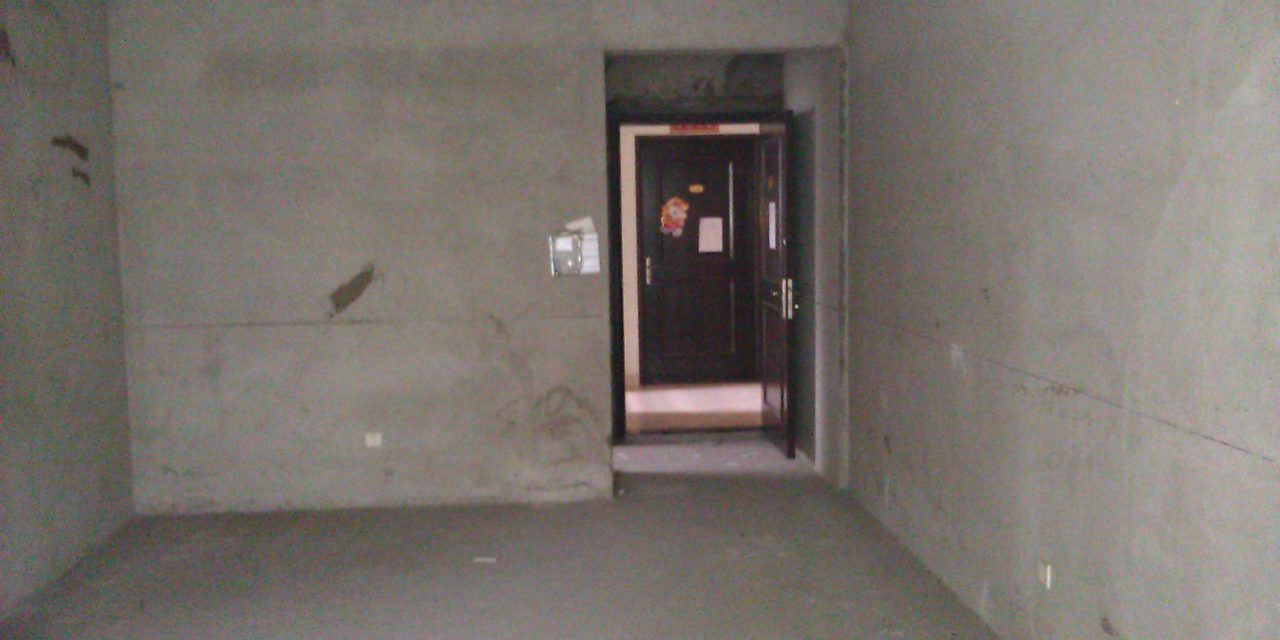A Chinese teacher at my university recently showed me the new apartment she bought for her parents. I’ve seen caves that were more habitable.
The apartment is basically a concrete shell. The floors are unfinished and the walls are unpainted. There are no doors, no closets and no wiring. The kitchen has no appliances and the bathroom has no sink or shower.
That’s the way new apartments are sold in China. It’s up to the buyer to hire a contractor to complete the interior.
That means early residents of a new complex have to put up with years of construction noise from apartments that are still being finished. They also move in long before roads are finished and grounds are landscaped. At one new complex near my university, new residents are surrounded by piles of dirt, garbage and construction equipment.
Then there’s the issue of shoddy construction, which plagues buildings throughout China. I’ve seen apartments built only a few years ago that are already crumbling.
With Chinese construction, quantity almost always trumps quality.
***
We just held speech and spelling contests for freshmen in our English-language program at Henan University of Technology. The competitions highlighted the strengths and weaknesses of the Chinese education system.
Even though the speech contest featured the best speakers from each class, it was often difficult to understand what the students were saying because of their heavy accents and “Chinglish’’ sentence structure. As I’ve mentioned previously, despite years of required English courses, most students can barely speak the language. They’re taught grammar, reading and writing, but oral skills aren’t a priority because their Chinese teachers can hardly speak English themselves.
Spelling is a different story. The contest finalists were able to spell difficult words ranging from perseverance to industrialization. That’s because spelling can be memorized, and memorization is a hallmark of Chinese education.
One of the priorities of our program is teaching students practical, as opposed to academic, English. It’s been a long, slow process, but we’ve made some progress and hopefully encouraged our students to learn more on their own.




